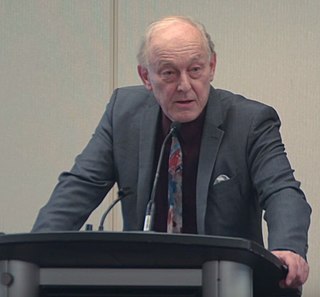A Quote by Michel Chossudovsky
Lost in the barrage of images and self-serving analysis are the economic and social causes of the conflict.
Related Quotes
I think that all moralities adequately serving the function of fostering social cooperation must contain a norm of reciprocity - a norm of returning good for good received. Such a norm is a necessity, I argue, because it helps relieve the strains on motivation of contributing to social cooperation when it comes into conflict with self-interest.
The capitalistic social order, therefore, is an economic democracy in the strictest sense of the word. In the last analysis, all decisions are dependent on the will of the people as consumers. Thus, whenever there is a conflict between the consumers' views and those of the business managers, market pressures assure that the views of the consumers win out eventually.
I am myself a professional creator of images, a film-maker. And then there are the images made by the artists I collect, and I have noticed that the images I create are not so very different from theirs. Such images seem to suggest how I feel about being here, on this planet. And maybe that is why it is so exciting to live with images created by other people, images that either conflict with one's own or demonstrate similarities to them.
I have witnessed firsthand the anguish of this humanitarian tragedy - in Palestine, Iraq, Syria, Pakistan, and other conflict and post-conflict zones. The destruction of lives and hopes, the emotional trauma, and the economic, social, and political marginalization of the displaced, the human insecurity, with real and potentially devastating consequences over generations, in ever-widening arenas of conflict. We can and must ensure the human rights of the displaced. That begins by making their voices heard.
If the bringing of children into the world is today an economic burden, it is because the social system is inadequate; and not because God’s law is wrong. Therefore the State should remove the causes of that burden. The human must not be limited and controlled to fit the economic, but the economic must be expanded to fit the human.
The world is full of people who have lost faith: politicians who have lost faith in politics, social workers who have lost faith in social work, schoolteachers who have lost faith in teaching and, for all I know, policemen who have lost faith in policing and poets who have lost faith in poetry. It's a condition of faith that it gets lost from time to time, or at least mislaid.




































